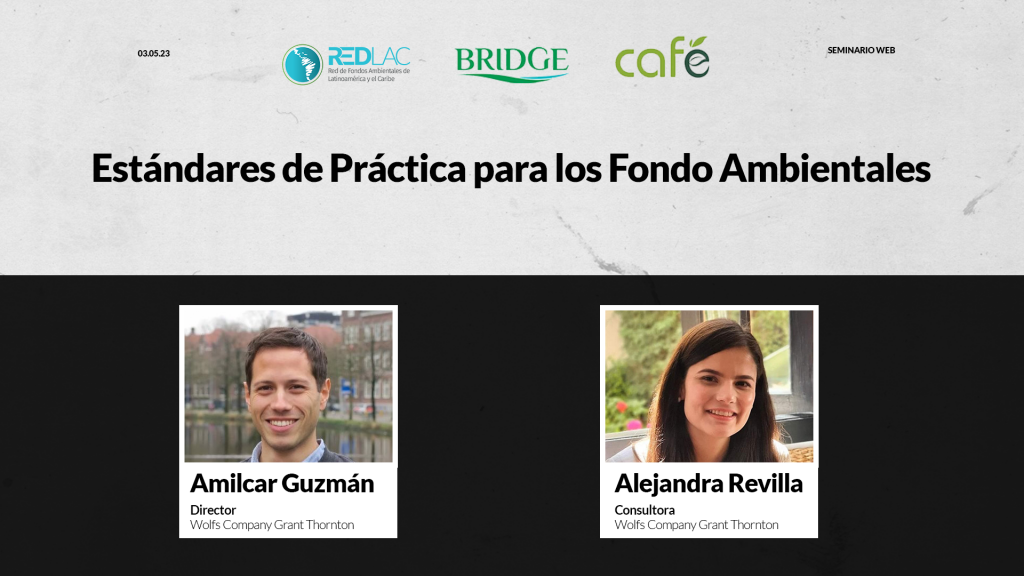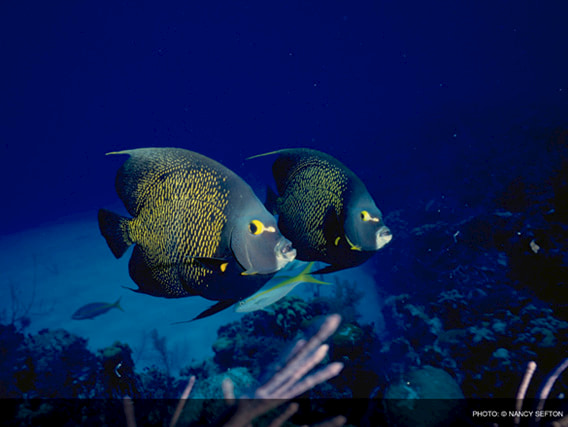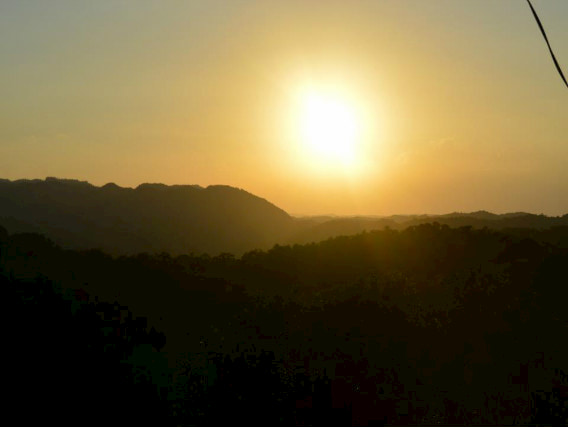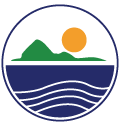Se llevó a cabo la primera edición de los “Estándares de Práctica para Fondos Ambientales” a través de un seminario web. En este evento participaron 70 personas, tanto miembros como no miembros de Fondos Ambientales. Además, mañana se llevará a cabo una sesión en inglés en la que se espera la participación de más de 50 personas. La coordinación de esta actividad ha estado a cargo de Leonardo García, coordinador del proyecto BRIDGE, en colaboración con RedLAC y CAFÉ.
“Son varios temas y varios indicadores. Y la idea es que la herramienta que permita ver a estas organizaciones dónde están y dónde puede mejorar los puntos débiles de acuerdo con los resultados. Y esto, a su vez, permite acceder a financiamiento a donantes a otros aliados que también estén relacionados con el tema de la conservación de la biodiversidad”.
Indico el coordinador de Proyecto BRIDGE, Leonardo Garcia.
Destacó además que la herramienta de autoevaluación de los Estándares de Práctica para Fondos Ambientales no solo beneficia a los fondos ambientales, sino también a otras organizaciones interesadas en evaluar y medir su capacidad institucional en diferentes áreas. García enfatizó que la herramienta permitirá a las organizaciones identificar sus puntos débiles y mejorarlos, lo que a su vez les permitirá acceder a financiamiento y otros aliados interesados en la conservación de la biodiversidad. Además, señaló que la participación de más de 70 personas de fondos ambientales en el seminario web demuestra el interés y compromiso de la comunidad en mejorar sus prácticas y fortalecer sus capacidades.
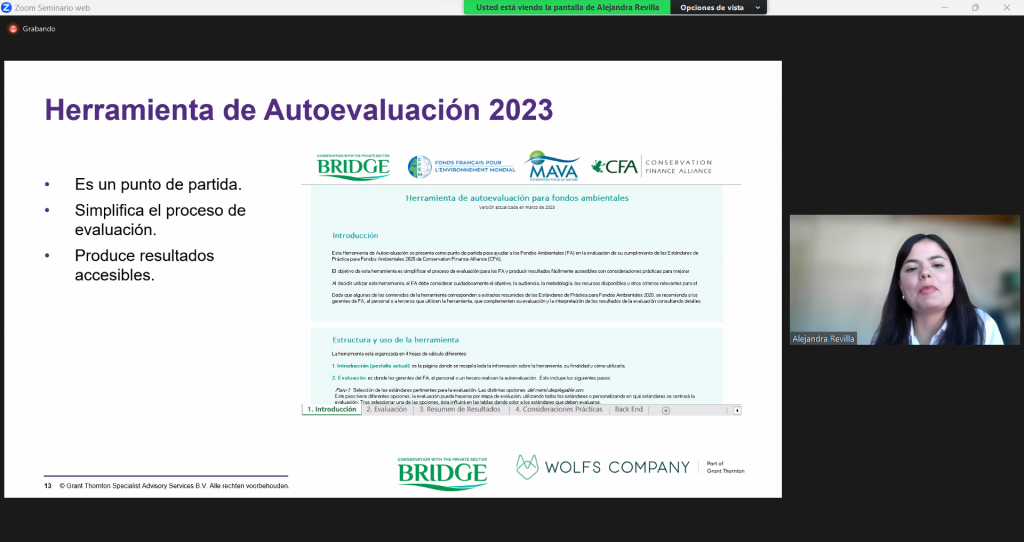
Los Estándares de Práctica surgieron en 2014 como una herramienta voluntaria para mejorar la capacidad organizativa y operativa de los Fondos Ambientales, y desde entonces se han convertido en una herramienta valiosa para cumplir los requisitos de acreditación de organismos multilaterales como el Fondo Verde del Clima. En 2020, se publicó una versión actualizada de los Estándares con contenido añadido que surgió de los comentarios de los usuarios durante los primeros cinco años, gracias al trabajo conjunto liderado por la Alianza Financiera para la Conservación y con la participación de representantes de Fondos Ambientales, líderes de RedLAC y CAFÉ, donantes, organizaciones no gubernamentales y otras personas clave.
La herramienta de autoevaluación ya está lista y se invita a los miembros de RedLAC y CAFÉ a participar en las sesiones informativas que se llevaran a cabo en Ingles y Frances, para conocer sobre su uso y enfoque. Durante la sesión, se discutirán las implicaciones de los resultados y cómo mejorar el desempeño en aquellos estándares que obtengan puntuaciones bajas. Este esfuerzo conjunto busca mover la aguja de los Fondos Ambientales en África, América Latina y el Caribe hacia las metas globales 2030, a través de la participación del sector privado en los esfuerzos de conservación.
